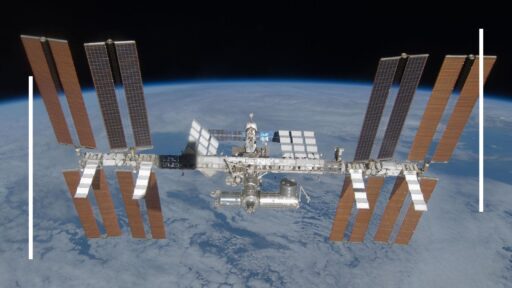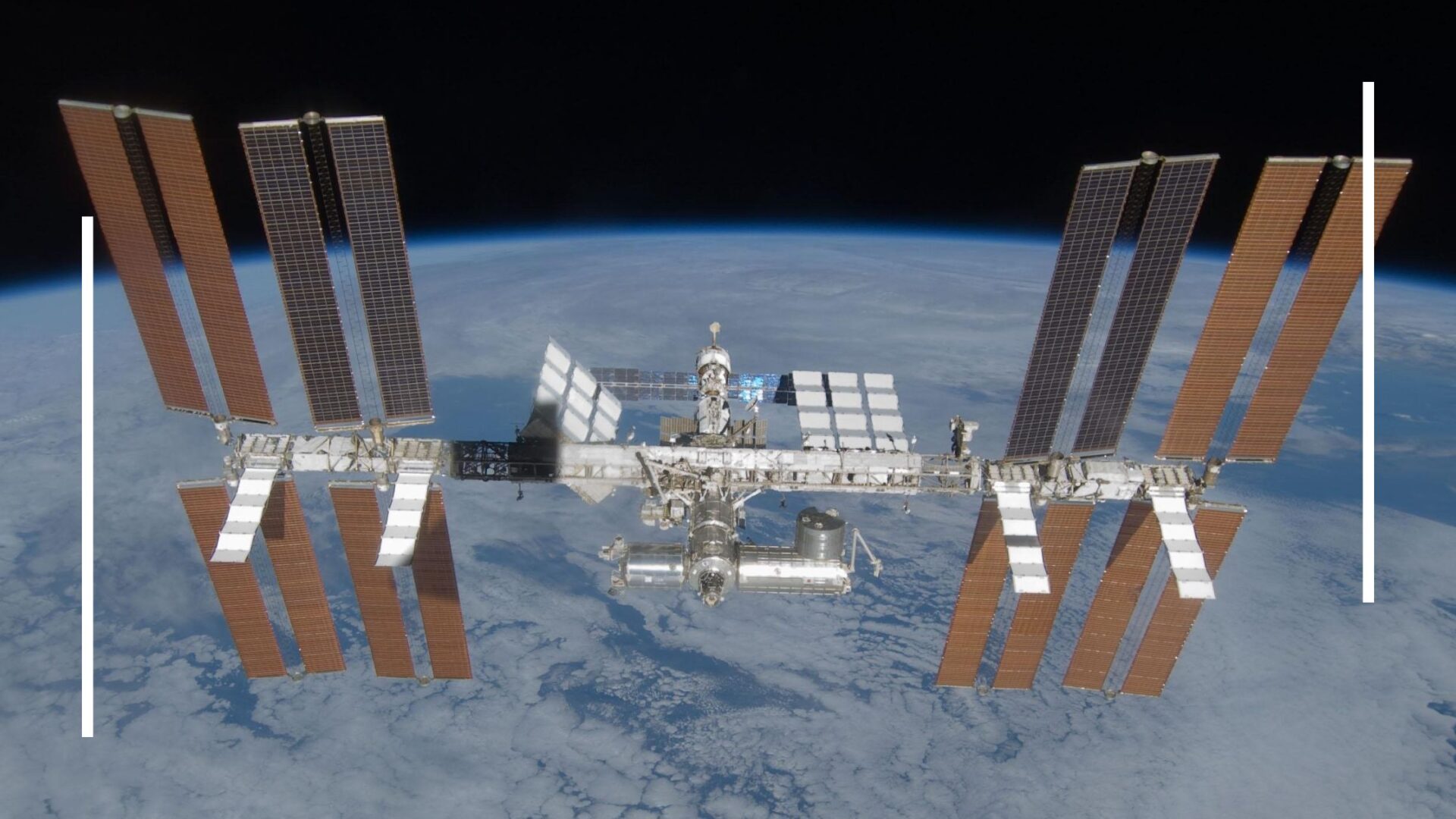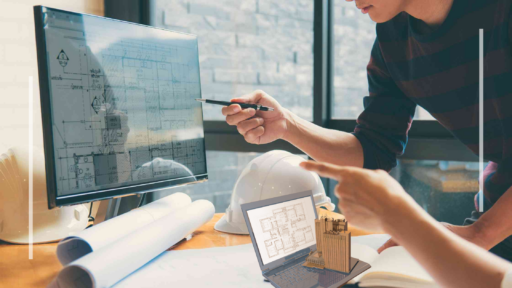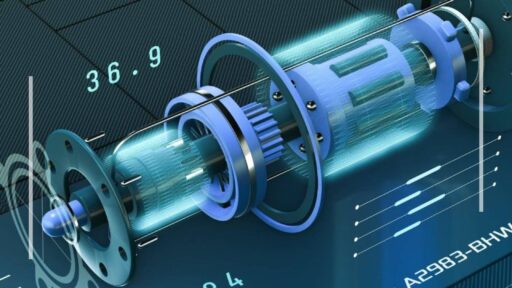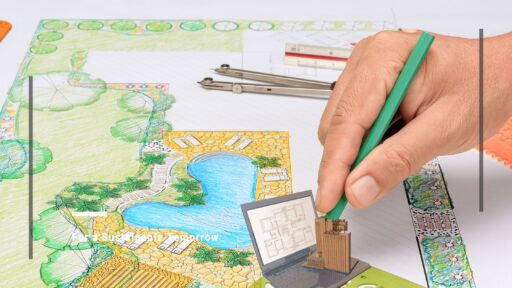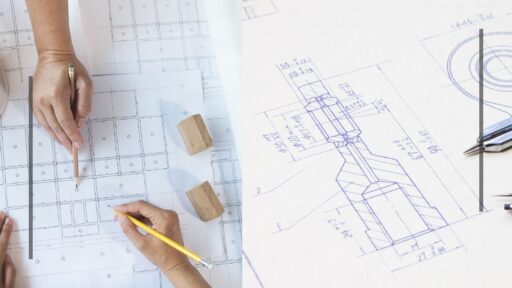In the world of cutting-edge innovation, 3D printing in space—also known as additive manufacturing—is redefining what’s possible beyond Earth. Unlike traditional manufacturing methods, which subtract material to create objects, 3D printing builds them layer by layer from digital designs, offering unmatched flexibility and speed.
Transforming Industries: Additive Manufacturing Everywhere
The influence of 3D printing technology touches manufacturing, healthcare, education, and now even space missions.
Rapid Prototyping in Manufacturing
3D printing in manufacturing accelerates rapid prototyping, allowing fast testing and innovation.
Personalized Healthcare Solutions
Healthcare uses additive manufacturing to produce custom prosthetics and implants tailored to each patient.
Empowering Future Engineers in Education
In classrooms, 3D printing for education offers hands-on learning experiences, inspiring creativity and problem-solving skills.
3D Printing in Space: A New Frontier
In space exploration technology, every gram matters. Carrying spare parts from Earth is costly. That’s why 3D printing in space is revolutionizing how we build tools, equipment, and even shelters — directly in orbit.
NASA’s Breakthrough: 3D Printed Circuits in Space
In April 2023, NASA launched a mission to test 3D printed electronics in spacecraft. A specially designed rocket carried two sensors that were printed directly onto the rocket’s surface.
-
Altitude reached: 174 km above sea level
-
Goal: Monitor performance using on-board 3D printed circuits
-
Result: Real-time data was transmitted back to Earth
This mission marked a major milestone in NASA’s 3D printing research, showing that electronics can be printed on virtually any surface, saving space and improving design flexibility.
Turning Surfaces into Circuit Boards
With 3D printed electronics, surfaces of spacecraft can become circuit boards themselves. This allows:
-
Reduced onboard equipment size
-
More efficient use of space
-
Lighter and smarter spacecraft design
Testing the Limits: 3D Printed Materials for Space
NASA and other agencies, including ESA (European Space Agency), are now evaluating the space-worthiness of 3D printed parts—testing them against radiation, vacuum conditions, and temperature extremes.
Read more: ESA – Lunar 3D Printing Research
Autonomous Manufacturing in Orbit
Made in Space, a U.S. company, has already launched the first 3D printed circuit in orbit, setting the stage for in-situ manufacturing—where tools, parts, or even shelters can be built directly in space using digital files sent from Earth. (Source: Made in space)
Building for the Mars Mission: 3D Printing Beyond Earth
In future Mars missions, 3D printing for Mars mission initiatives could allow astronauts to use Martian soil to 3D print habitats, reducing the need to transport bulky equipment from Earth. This will be a major breakthrough for space exploration technology.
Conclusion:
From rapid prototyping on Earth to 3D printing spacecraft parts in orbit, this technology is revolutionizing how we think about design and manufacturing. With agencies like NASA and ESA investing in space-based 3D printing, we’re entering a new era where the sky is no longer the limit—the universe is.
FAQs
What is 3D printing in space, and how does it work?
3D printing in space, or additive manufacturing, involves creating objects layer by layer from digital designs. Unlike traditional manufacturing, it doesn’t require subtracting material, making it ideal for building tools and components directly in orbit.
Can 3D printing really work in zero gravity?
Yes. NASA and companies like Made in Space have successfully tested 3D printers in microgravity environments, proving that 3D printing works effectively in space conditions.
Which companies are involved in space 3D printing?
NASA, ESA, and private companies like Made in Space are pioneering 3D printing technology for space use, focusing on autonomous manufacturing and off-Earth construction.
What is ESA’s contribution to 3D printing in space?
The European Space Agency (ESA) is researching lunar 3D printing using regolith simulants to create building blocks and infrastructure on the Moon.
